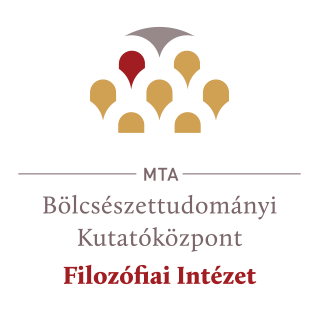Metaphilosophy in History
The MTA BTK Lendület Morals and Science Research Group, Budapest,
the University of J. E. Purkyně, Ústí Nad Labem,
and the Institute of Philosophy at the Academy of Sciences of the Czech Republic, Prague
will be hosting conferences on
The first conference will take place in Prague between the 4th-5th of June, 2020.
The second conference will take place in Budapest, between the 29th-30th of October, 2020.
Organizers: Tamás Demeter, Catherine Dromelet, James Hill, Josef Moural
Call for Papers:
What is philosophy? How a philosopher proceeds and what goals he or she pursues, how he or she distinguishes between good and bad philosophy? Being interested in such questions is sometimes labeled as metaphilosophy, and while much of metaphilosophical work so far was concerned with 'systematic' issues, our aim is to turn our metaphilosophical gaze onto the history of philosophy.
We shall have two conferences, gathering people interested in the self-conception of philosophy up to the very recent past. The chronological dividing line between them will be roughly 1725, for we beleive that the emergence of successful Newtonian science was a serious blow to the preceding self-conception(s) of philosophy, and that philosophy had to reinvent itself afterwards.
Some of the questions we are interested in are: Did metaphilosophy play an important role in the past philosophers' agenda? If they held metaphilosophical views, did their philosophical practice follow them? Was there more agreement on the metaphilosophical level than in argumentative practice, or vice versa?
We are inviting submissions on individual philosophers and/or schools, as well as of a comparative kind (within the chronological limits of each conference).
Abstracts for the first conference of about 500 words should be sent to:
This email address is being protected from spambots. You need JavaScript enabled to view it. until the 1st of March 2020.
(There will be a further call for the second conference.)


